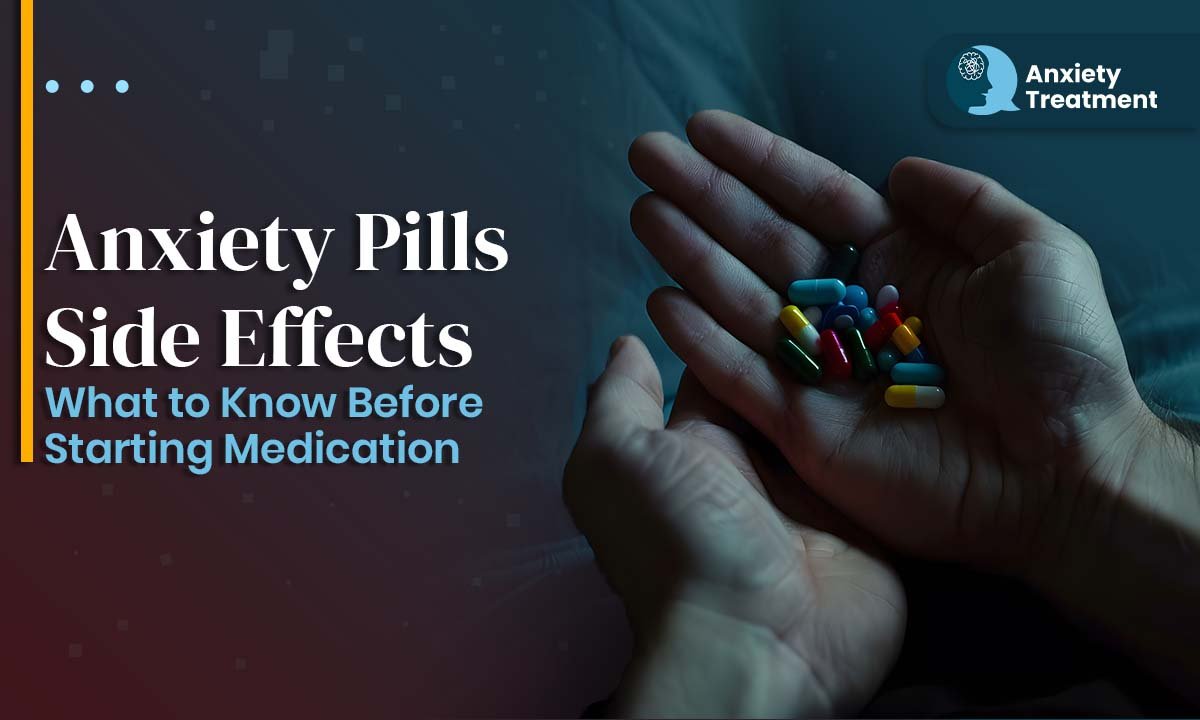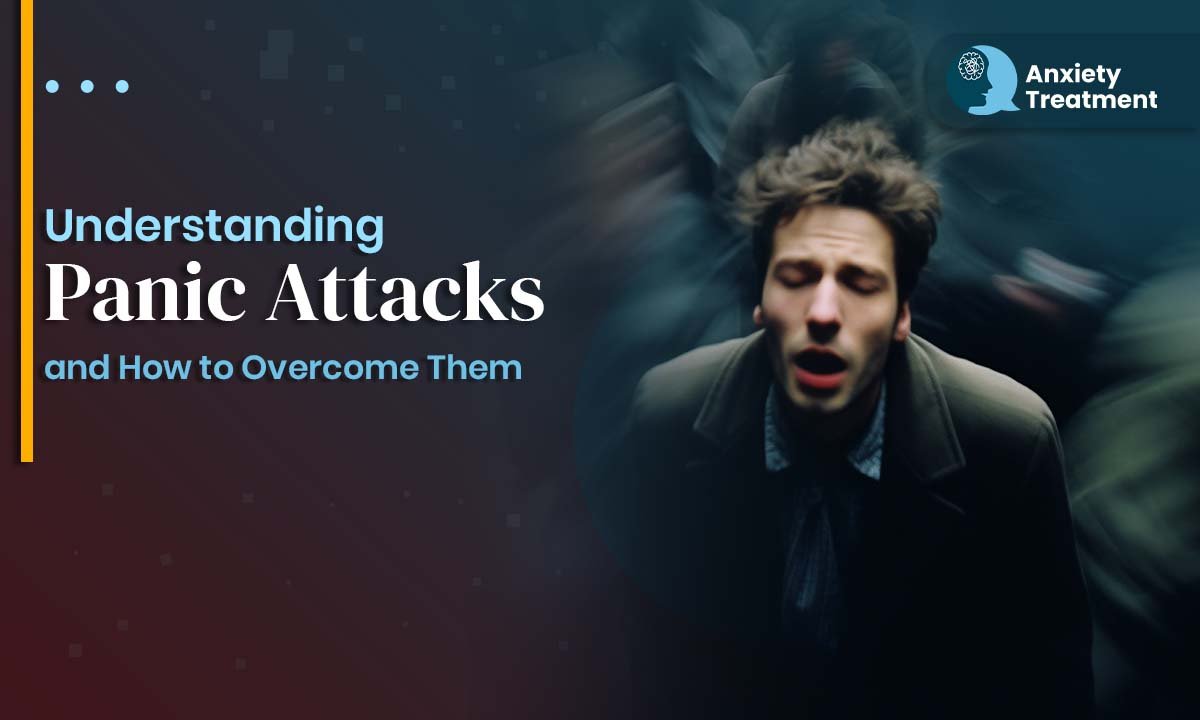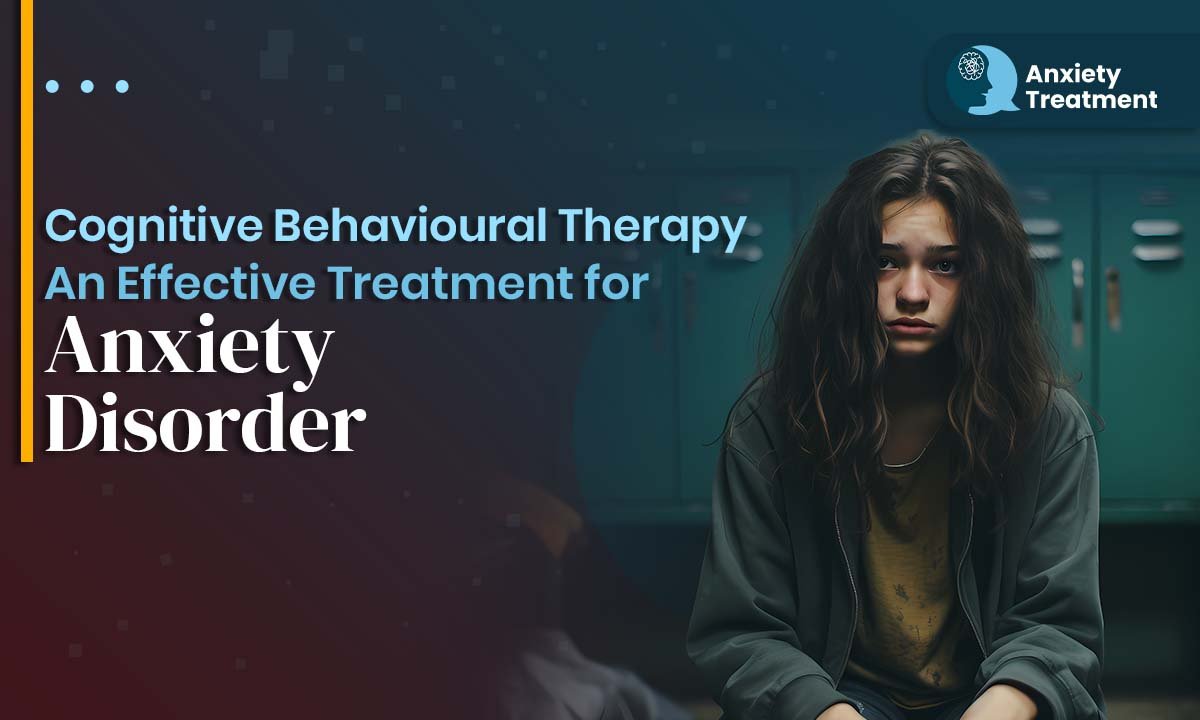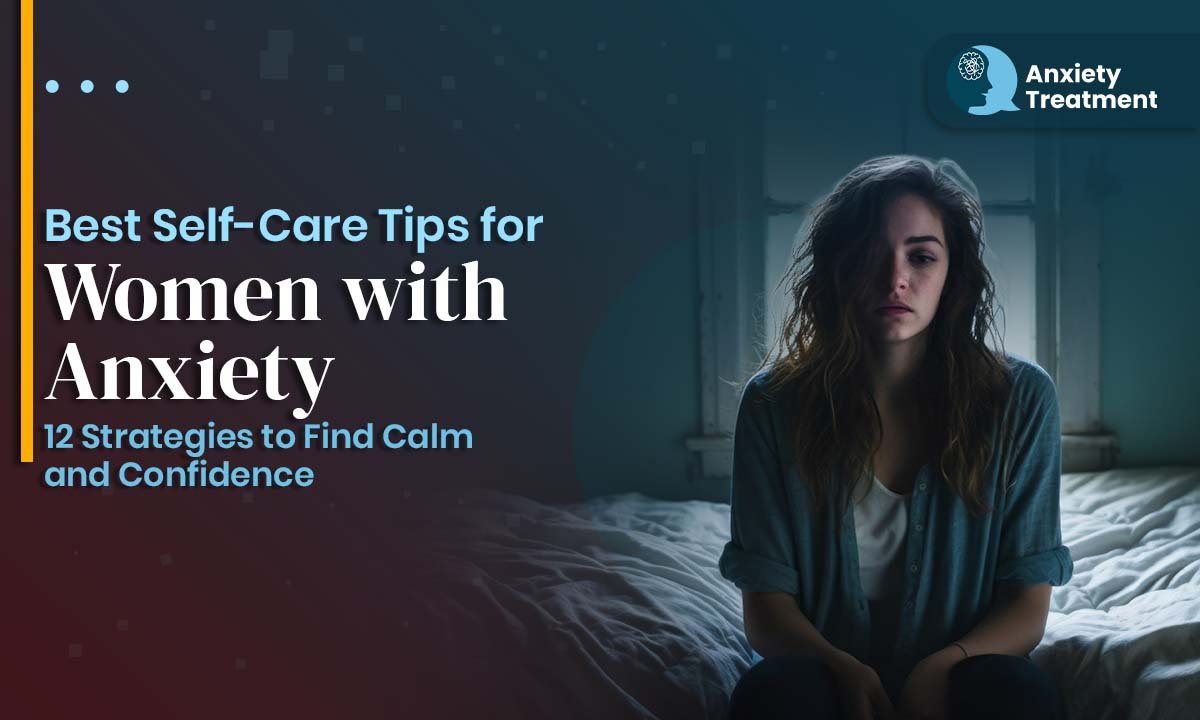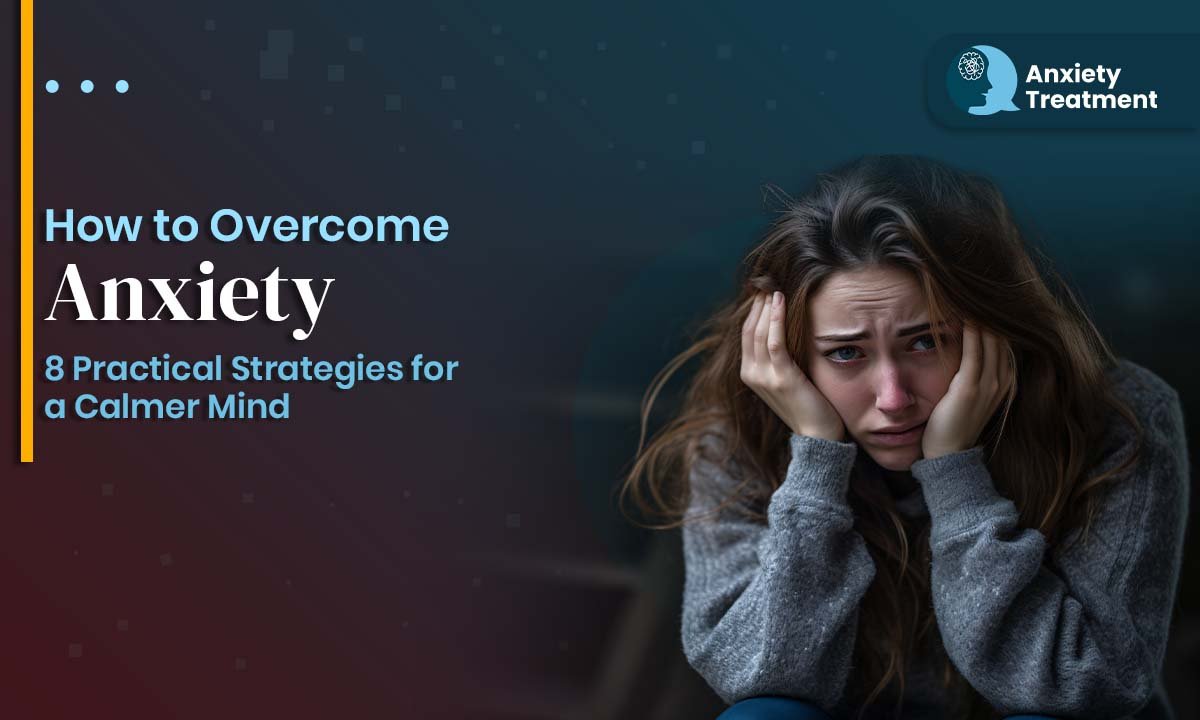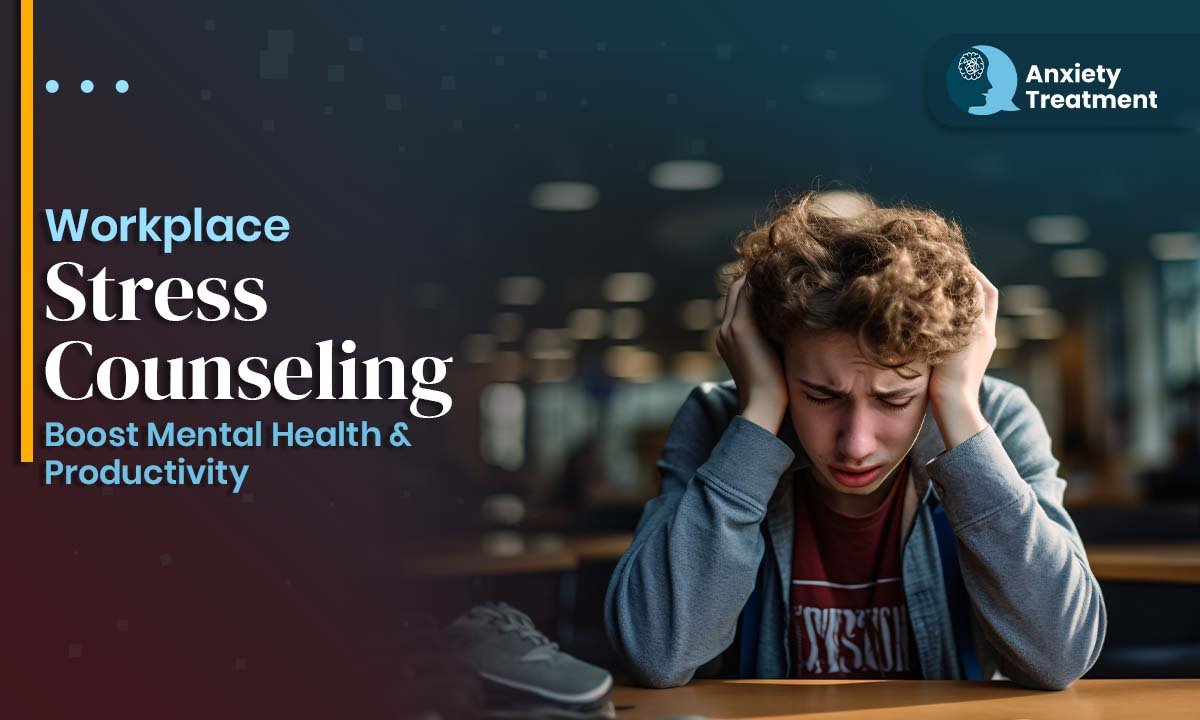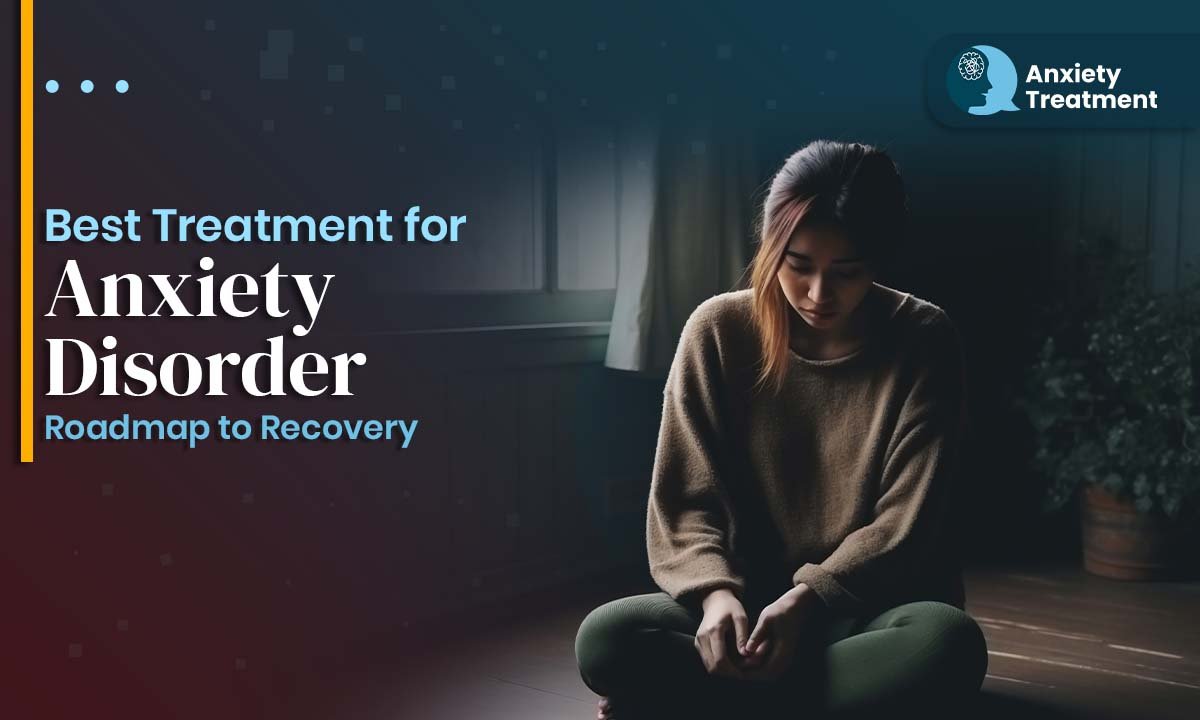Anxiety is more than occasional nervousness; it's a persistent mental health condition that can interfere with daily life. For many people, anxiety medication offers relief and a chance to regain control.
However, before starting medication, it’s essential to understand the possible anxiety pills side effects and how different drug types may affect your body and mind. In this blog, we’ll explore the common and long-term side effects of anxiety pills like SSRIs, benzodiazepines, and medications like Xanax, so you can make informed decisions about your mental health care.
Understanding Anxiety Medication
Anxiety medications are commonly prescribed to help manage symptoms like excessive worry, restlessness, and panic attacks. The most prescribed classes include:
- SSRIs (Selective Serotonin Reuptake Inhibitors) - e.g., sertraline, fluoxetine
- Benzodiazepines - e.g., alprazolam (Xanax), lorazepam (Ativan)
- SNRIs (Serotonin and Norepinephrine Reuptake Inhibitors) - e.g., venlafaxine
- Buspirone - a non-sedative anti-anxiety medication
1. Common Anxiety Pills Side Effects
Most anxiety medications come with a list of possible side effects. These can range from mild to disruptive, especially during the first few weeks of treatment.
Short-Term Side Effects Include
- Nausea
- Headaches
- Drowsiness or fatigue
- Dizziness
- Changes in appetite or weight
Many of these issues are temporary and fade as your body adjusts, but for some, they can persist and interfere with daily functioning.
2. SSRI Side Effects
SSRIs are the most widely used medications for anxiety disorders. They work by increasing serotonin levels in the brain, a neurotransmitter that influences mood, sleep, and appetite.
Common SSRI Side Effects
- Emotional numbness or “blunting”
- Sexual dysfunction (low libido, difficulty achieving orgasm)
- Weight gain or loss
- Increased anxiety in the early weeks
- Sleep disturbances
Though SSRIs are considered safe for long-term use, SSRI side effects like emotional flatness or loss of interest in pleasurable activities can be frustrating. Always report persistent side effects to your prescribing doctor.
3. Benzodiazepine Side Effects
Benzodiazepines (like Xanax) are fast-acting anti-anxiety medications used for short-term relief. While effective, they carry significant risks.
Benzodiazepine Side Effects Include
- Drowsiness and sedation
- Dizziness and confusion
- Memory problems
- Difficulty concentrating
- Physical dependence with long-term use
- Rebound anxiety when stopped suddenly
4. Xanax Side Effects: A Closer Look
Xanax (alprazolam) is one of the most prescribed benzodiazepines. It acts quickly, which makes it effective for acute anxiety or panic attacks. However, it also has a high risk for dependency and withdrawal.
Common Xanax Side Effects:
- Fatigue
- Muscle weakness
- Slurred speech
- Poor coordination
- Tolerance can develop over time, meaning you may need higher doses to achieve the same calming effect.
- Risk of overdose, especially when combined with alcohol
Due to these risks, doctors often prescribe Xanax only for short-term or emergency use.
5. Long-Term Concerns with Anxiety Pills
Using anxiety medication for an extended period comes with potential long-term effects, including:
- Cognitive dulling or "brain fog"
- Increased tolerance and dependence (especially with benzodiazepines)
- Difficulty tapering off due to withdrawal symptoms
- Emotional detachment in SSRIs (feeling "numb")
If you plan to take anxiety medication long-term, regular monitoring and periodic reassessment are important to ensure continued effectiveness and safety.
How to Manage Side Effects Safely
If you're experiencing unpleasant side effects, here are some safe strategies to consider:
- Take medication exactly as prescribed by your doctor
- Never stop or change dosage without medical approval
- Report any unusual or severe side effects immediately
- Take medication with food if recommended to reduce nausea
- Drink plenty of water to stay hydrated
- Avoid alcohol and recreational drugs
When to Seek Emergency Help
Call your doctor or seek immediate help if you experience:
- Severe allergic reactions (rash, swelling, difficulty breathing)
- Suicidal thoughts or behaviors
- Hallucinations or severe confusion
- Chest pain, heart palpitations, or fainting
Conclusion
Anxiety medication can be a powerful tool in your mental health journey, but like any treatment, it’s important to be informed. Knowing the potential anxiety pills side effects, whether from SSRIs, benzodiazepines, or Xanax, allows you to make safer, smarter decisions.
Always communicate openly with your healthcare provider and don’t hesitate to ask questions. With the right plan, you can manage your anxiety effectively while minimizing risks.

